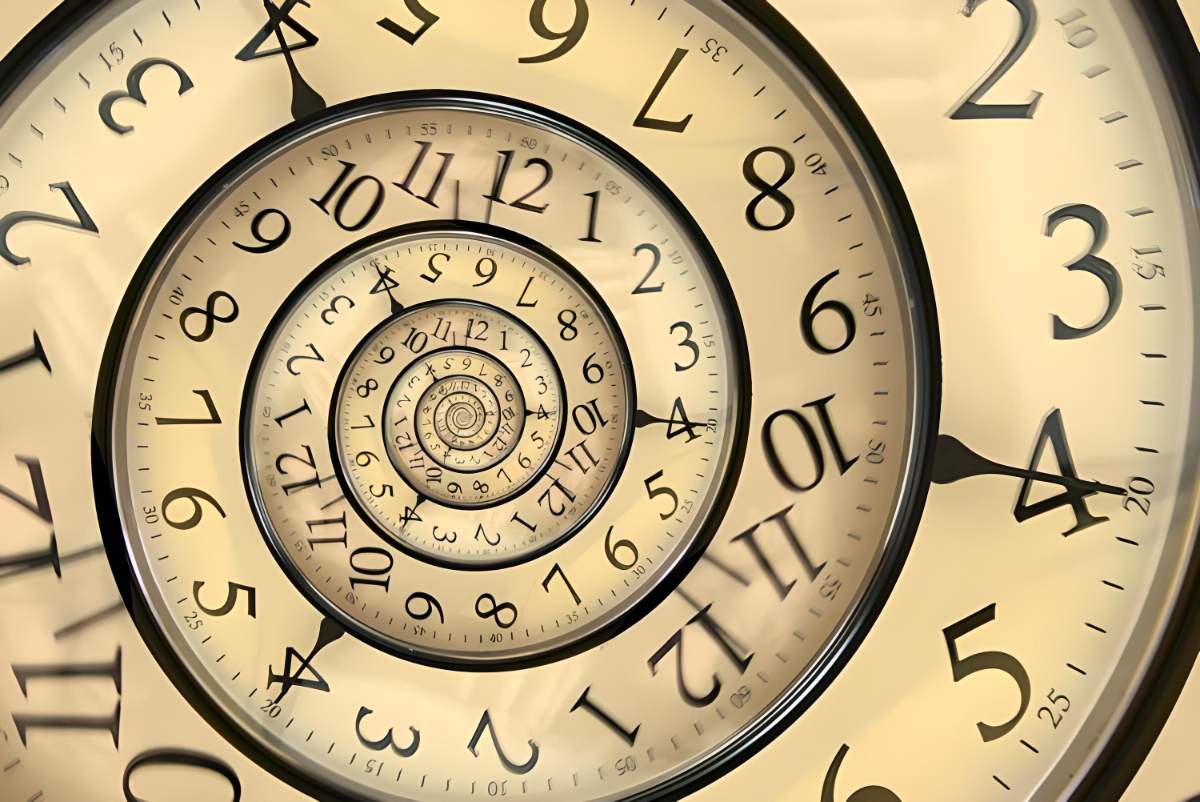What Is Time? And How Can It Be best Defined?
Some argue that time does not exist at all. Because the past is now gone, the future has yet to come, and Now is only a distinction.

Some argue that time does not exist at all. Because the past is now gone, the future has yet to come, and Now is only a distinction.

